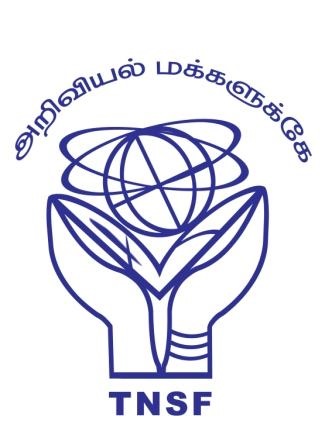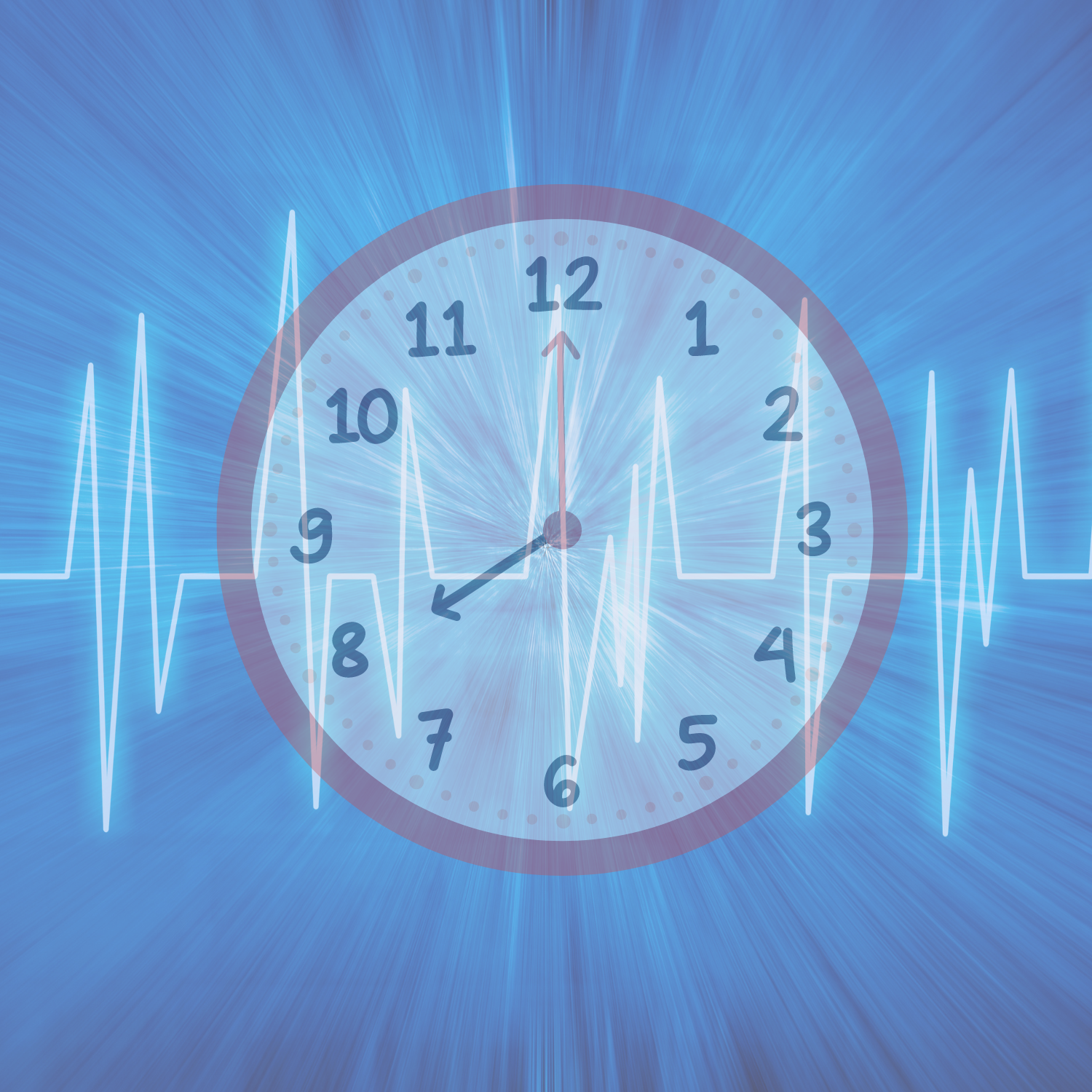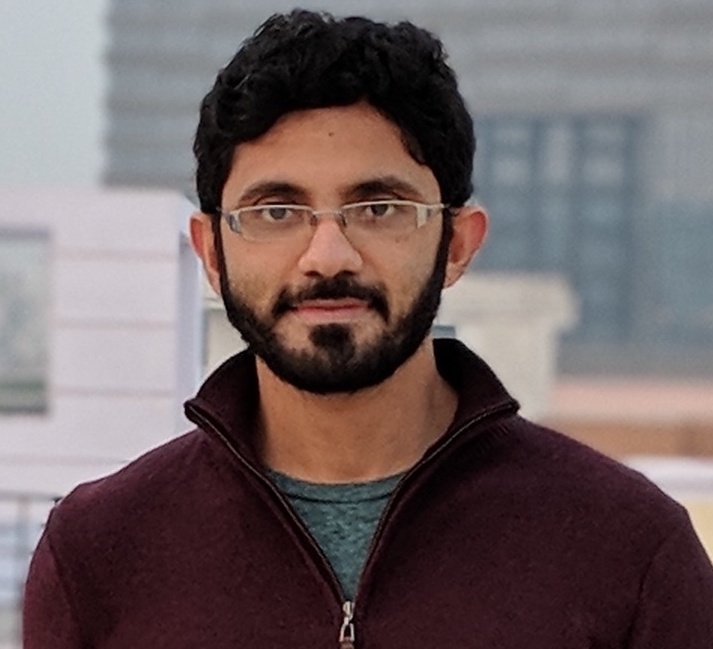About Program

This is part of its efforts to popularize science to the general public and students who are pursuing science as their career. TNSF attempt to focus on students on higher science as everyone knows that learning of science at college within the curriculum is not enough to acquire holistic knowledge of science at the appropriate time. Hence, to fill the gap between what students are acquiring through the curriculum and what it is required, TNSF is planning its activities on higher science to students who are pursuing higher education.

About the Lecture Our bodies work like clockwork most of the time, to such an extent that we often take our rhythmic behavioral patterns for granted. Our daily ablutions, our sleep-wake cycle, and many other physiological processes have a 24-hour cycle. When these processes get disrupted, for example after a long trans-Atlantic flight, we are well aware of the ensuing few days of ill health. But how do our bodies know how to keep sync with the changing day and night cycle outside? Do the cells in our tissues have a clock that keeps ticking and keeping time? And why does this clock go haphazard when we take a long flight? In this talk, I will give a historical overview of how this clock was first discovered in plants, and then explain the groundbreaking work that went into identifying how exactly this clock functions, leading to the 2017 Nobel Prize in Medicine. Finally, I will end with a brief description of how modern imaging methods combined with advanced machine learning techniques are increasingly allowing measurements and characterization of the body clock in diseases like cancer and neurodegenerative disorders.
